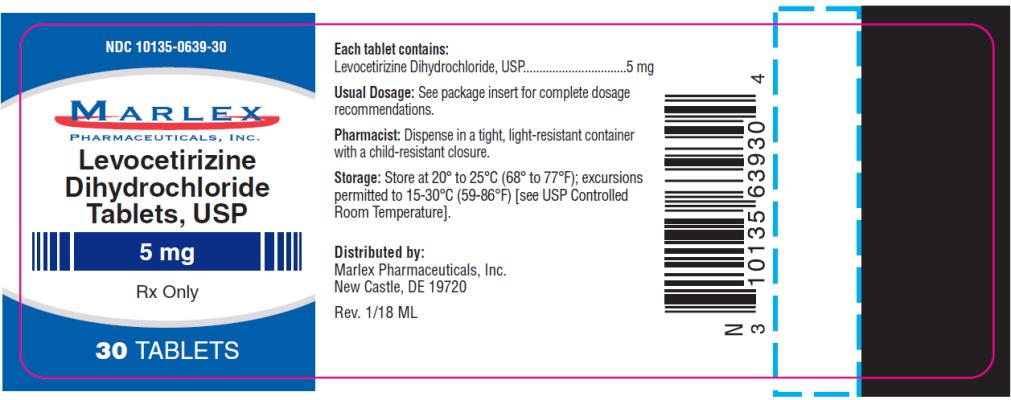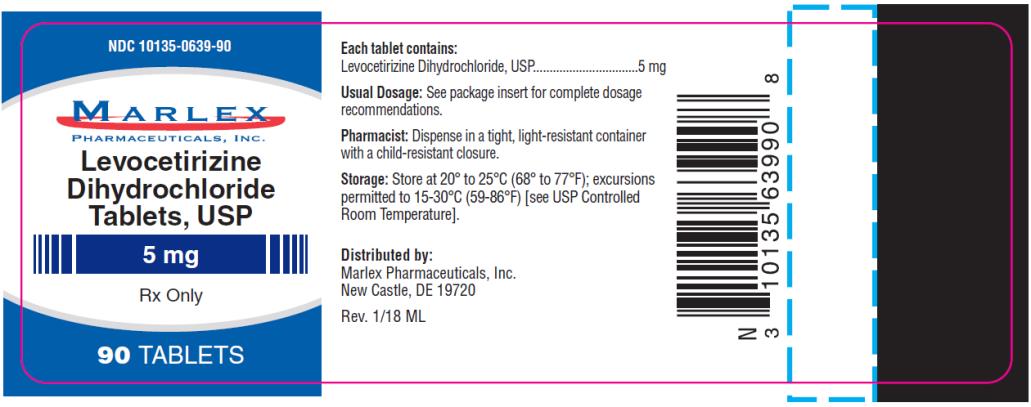
Levocetirizine Dihydrochloride Tablet while Breastfeeding
What is Levocetirizine Dihydrochloride Tablet used for?
What are the risk associated with Levocetirizine Dihydrochloride Tablet usage while breastfeeding? What precautions shall I take while using it in breastfeeding?

8.3 Nursing Mothers No peri-and post-natal animal studies have been conducted with levocetirizine. In mice, cetirizine caused retarded pup weight gain during lactation at an oral dose in dams that was approximately 40 times The maximum recommended daily oral dose in adults on a mg/m 2 basis. Studies in beagle dogs indicated that approximately 3% of the dose of cetirizine was excreted in milk. Cetirizine has been reported to be excreted in human breast milk. Because levocetirizine is also expected to be excreted in human milk, use of levocetirizine dihydrochloride in nursing mothers is not recommended.
Levocetirizine Dihydrochloride Tablet Breastfeeding Analsys
Levocetirizine dihydrochloride while Breastfeeding
Low RiskCAS Number: 130018-77-8
Second generation antihistamine drug derived from piperazine with a minimal sedative effect and low toxicity even at higher dose. On latest update no published data about breastfeeding were found. However, it is the R-enantiomer of cetirizine which is considered to be safe while breastfeeding. No short or long-term side effects were found in an infant with a mother who was treated with Cetirizine in the first month post delivery for pemphigus (Westermann 2012). Because of a high plasma protein binding capacity, excretion into breast milk seems to be unlikely. The British Society of Immunology and Allergy rates Cetirizine as compatible with breastfeeding (Powell 2007).
Levocetirizine Dihydrochloride Tablet Breastfeeding Analsys - 2
Levocetirizine dihydrochloride while Breastfeeding
CAS Number: 130018-77-8
Levocetirizine is the -enantiomer of cetirizine. Small occasional doses of levocetirizine are probably acceptable during breastfeeding. Larger doses or more prolonged use may cause drowsiness and other effects in the infant or decrease the milk supply, particularly in combination with a sympathomimetic such as pseudoephedrine or before lactation is well established. The British Society for Allergy and Clinical Immunology recommends cetirizine, the racemic form of the drug, at its lowest dose as a preferred choice if an antihistamine is required during breastfeeding.[1]

What should I do if already breastfed my kid after using Levocetirizine Dihydrochloride Tablet?
Levocetirizine Dihydrochloride Tablet is in the category of low risk, if you have already used it then its not a big deal if health and behavior of baby is good. However your health care provider shall be aware of the fact that you have used Levocetirizine Dihydrochloride Tablet so you should inform him based on your convenience.
I am nursing mother and my doctor has suggested me to use Levocetirizine Dihydrochloride Tablet, is it safe?
Though Levocetirizine Dihydrochloride Tablet dose not comes in category of safe drugs rather it comes in category of low risk but if your doctor is aware that you are breastfeeding your baby and has still recommended it then its advantages must be outweighing the risks.
If I am using Levocetirizine Dihydrochloride Tablet, will my baby need extra monitoring?
Not much monitoring required while using Levocetirizine Dihydrochloride Tablet
Who can I talk to if I have questions about usage of Levocetirizine Dihydrochloride Tablet in breastfeeding?
US
National Womens Health and Breastfeeding Helpline: 800-994-9662 (TDD 888-220-5446) 9 a.m. and 6 p.m. ET, Monday through Friday
UK
National Breastfeeding Helpline: 0300-100-0212 9.30am to 9.30pm, daily
Association of Breastfeeding Mothers: 0300-330-5453
La Leche League: 0345-120-2918
The Breastfeeding Network supporter line in Bengali and Sylheti: 0300-456-2421
National Childbirth Trust (NCT): 0300-330-0700
Australia
National Breastfeeding Helpline: 1800-686-268 24 hours a day, 7 days a week
Canada
Telehealth Ontario for breastfeeding: 1-866-797-0000 24 hours a day, 7 days a week
